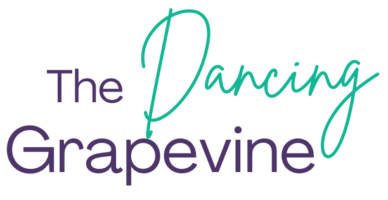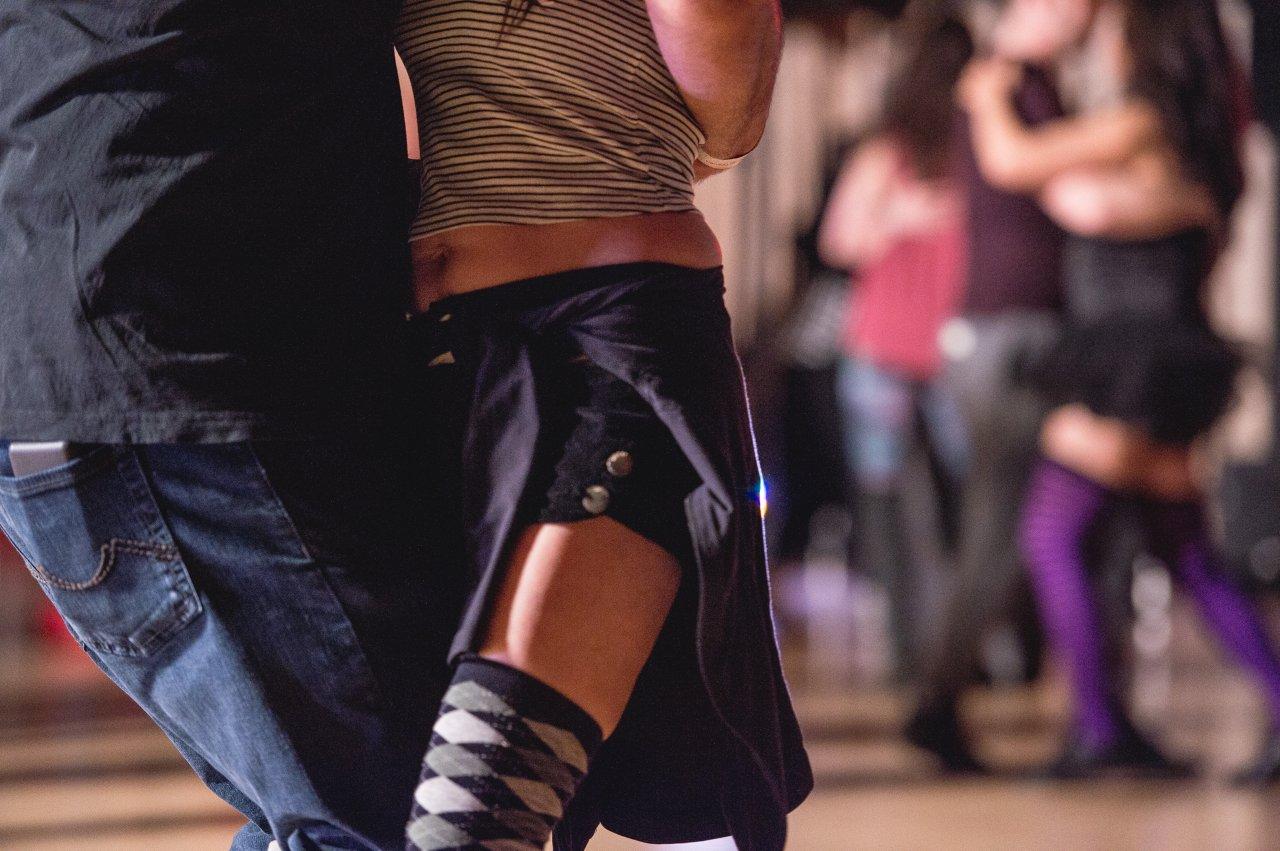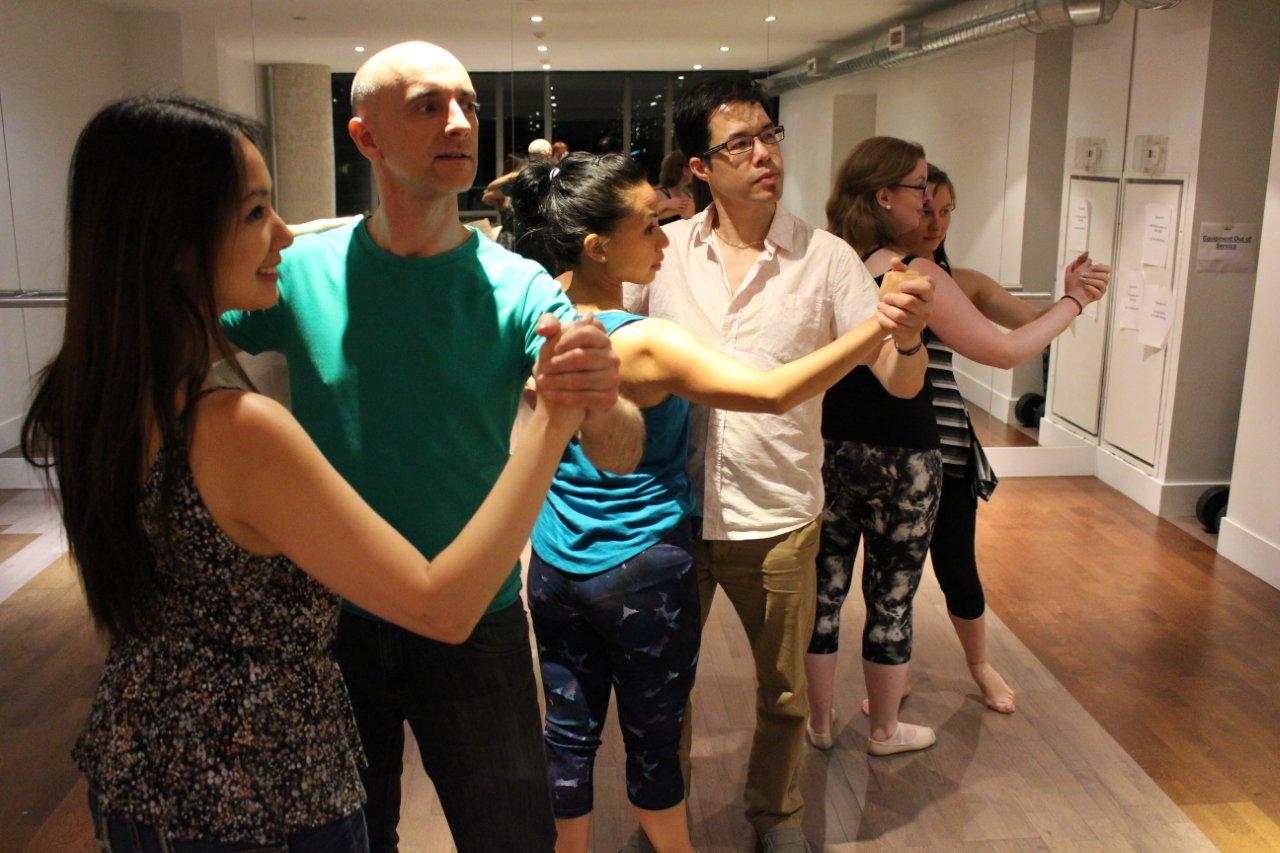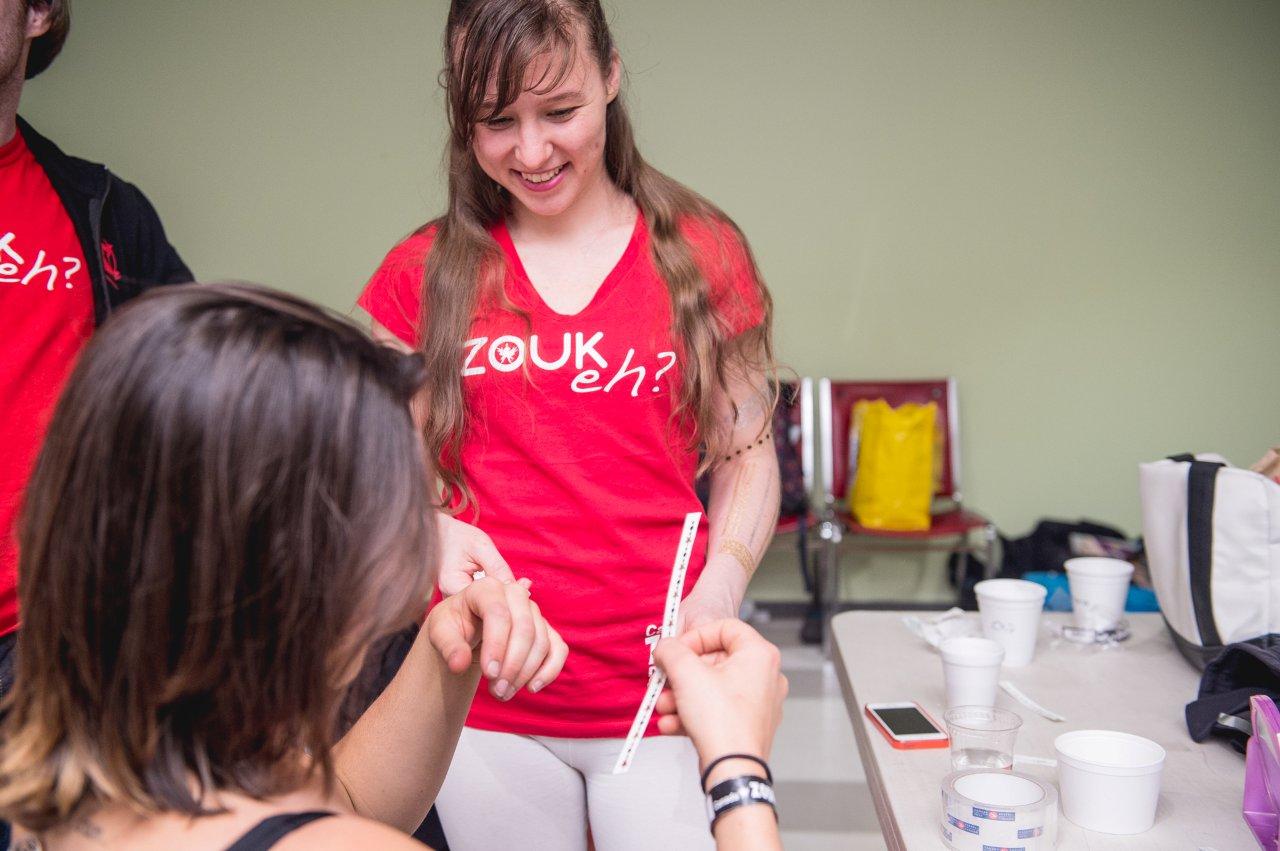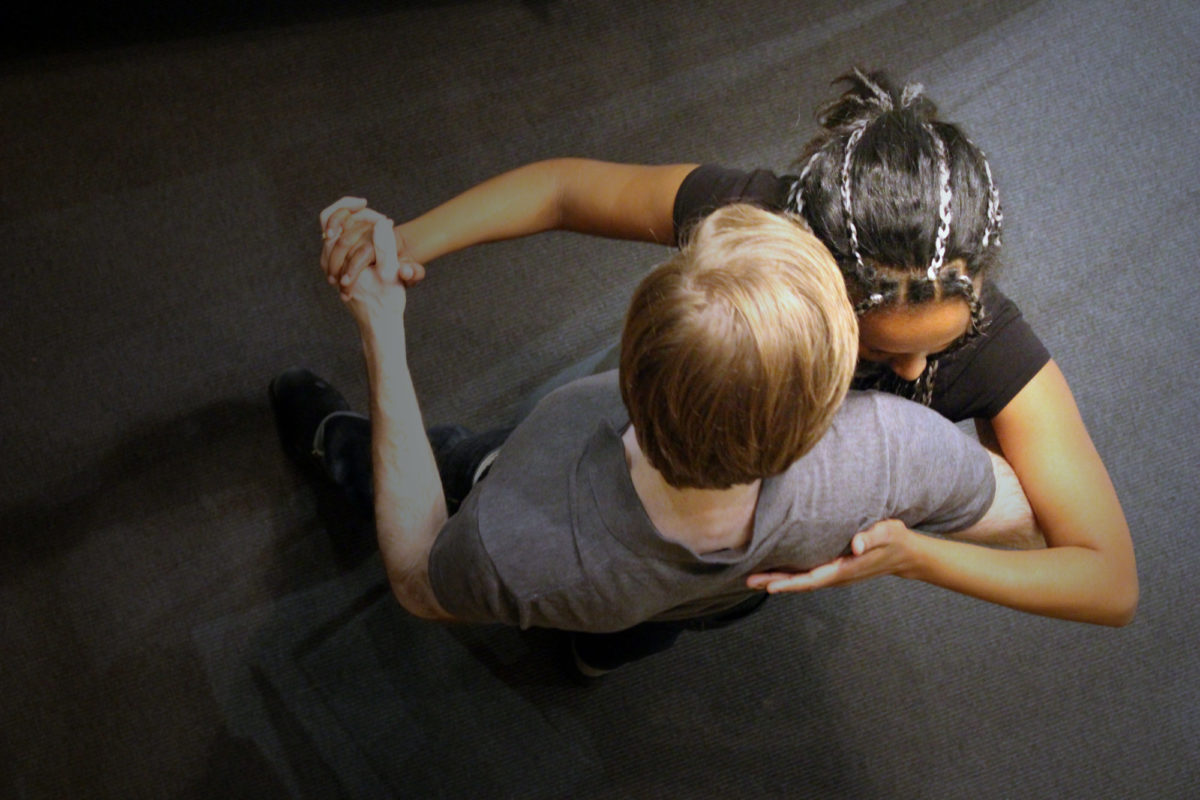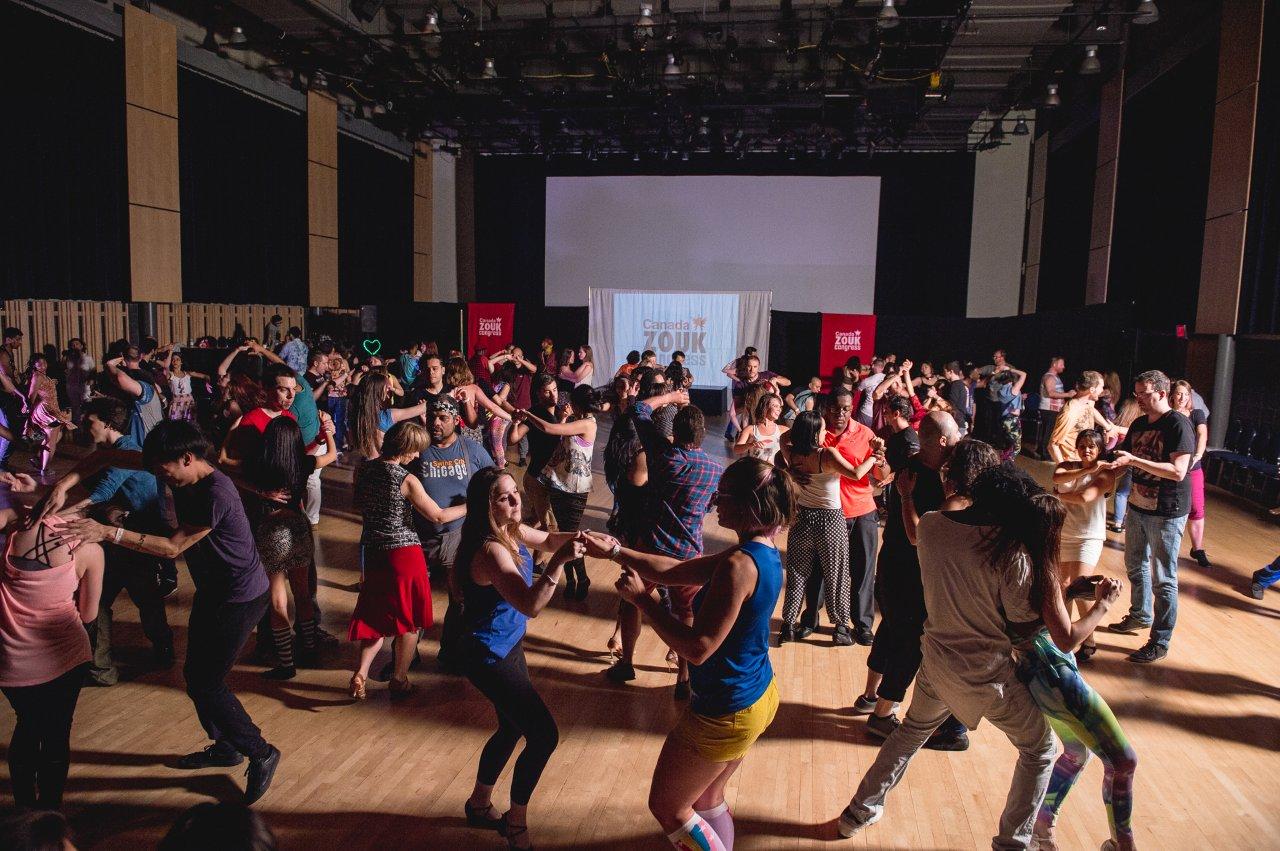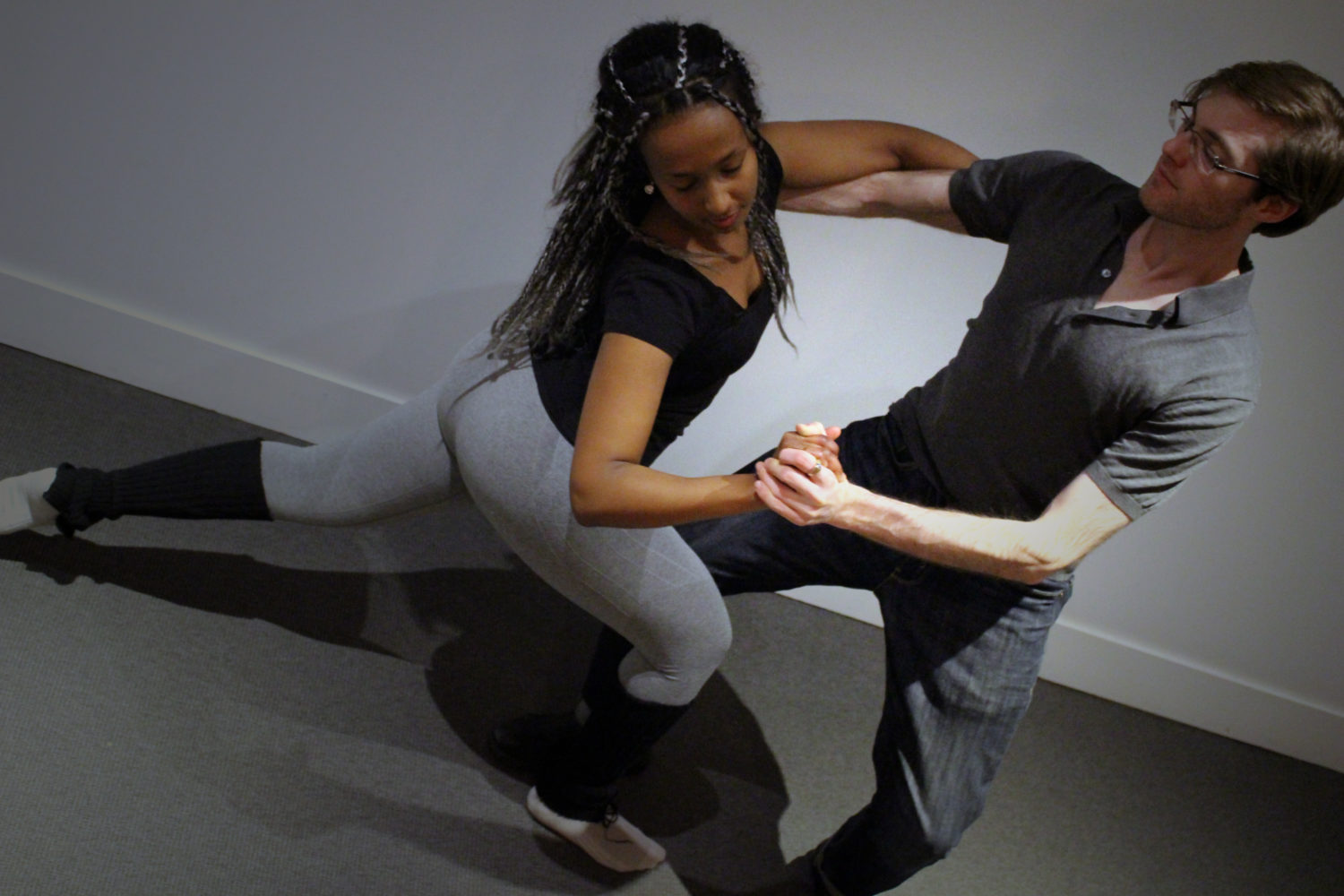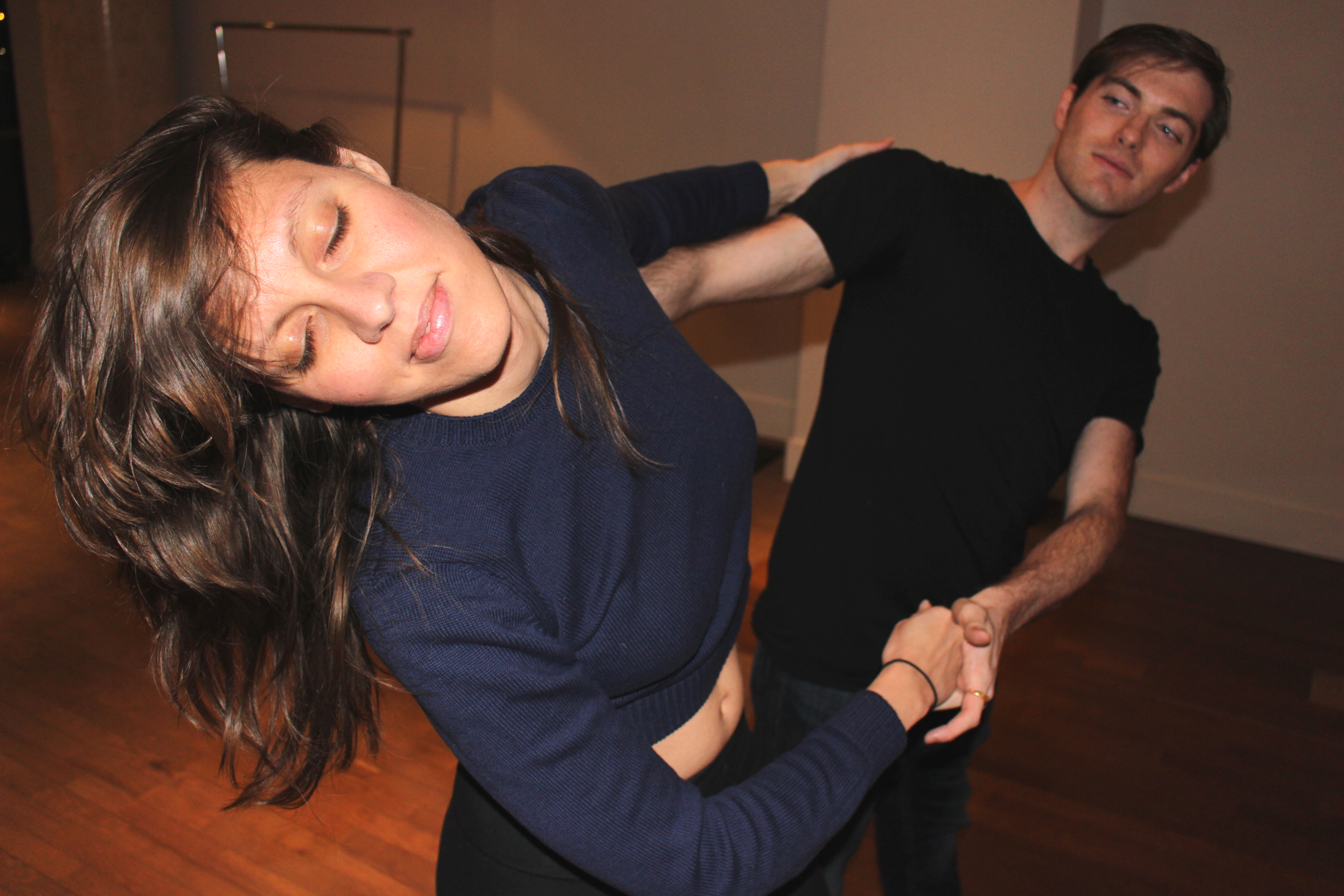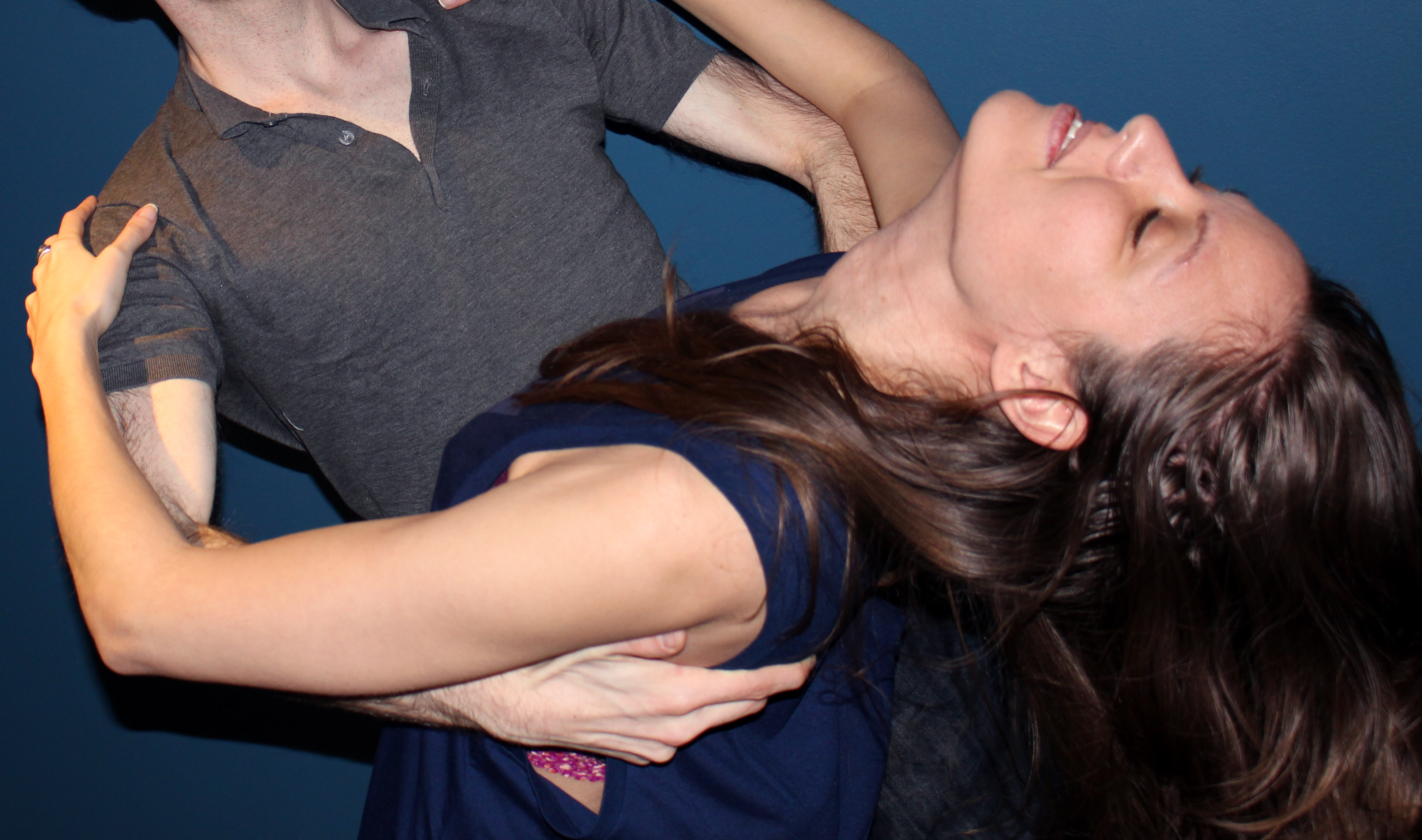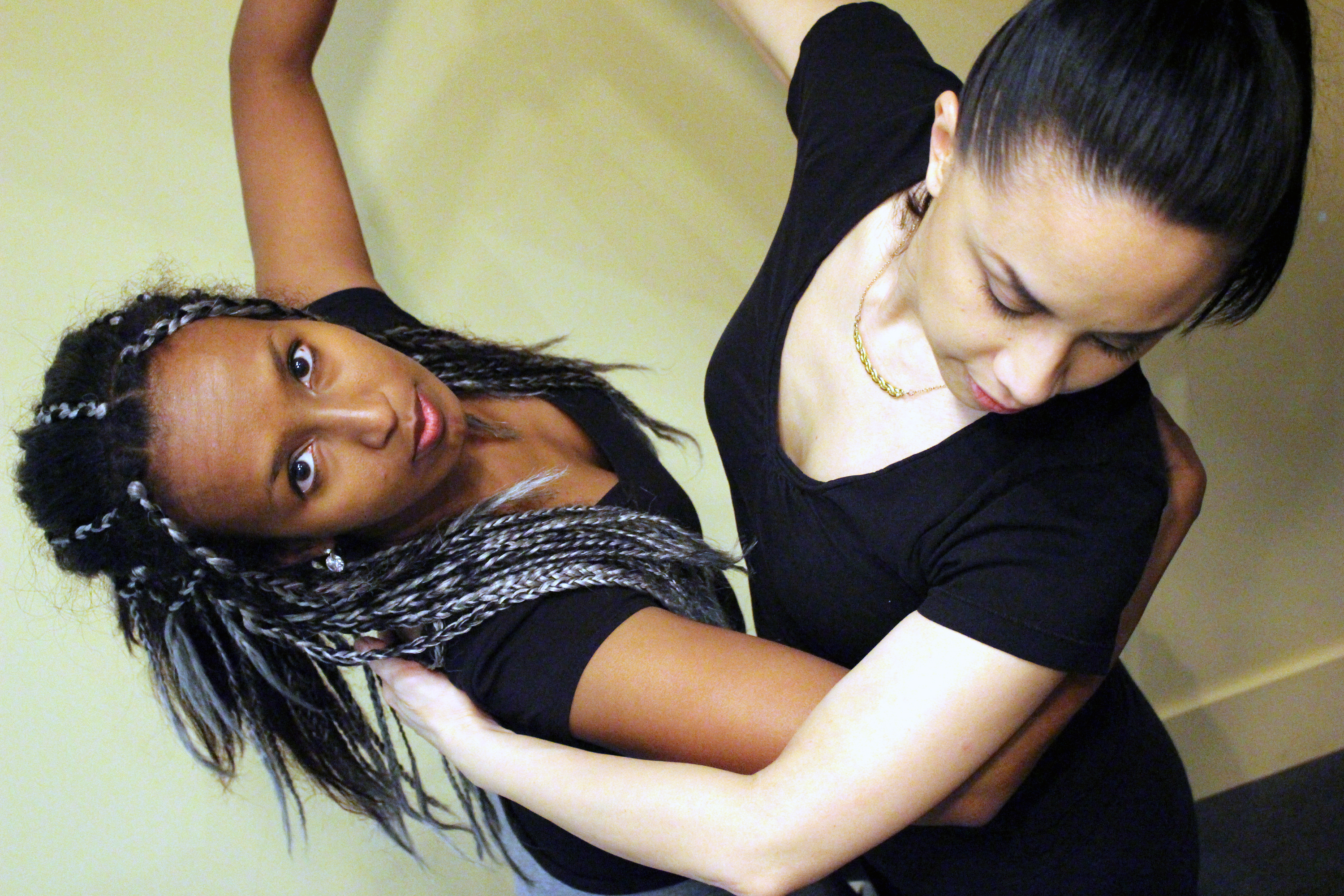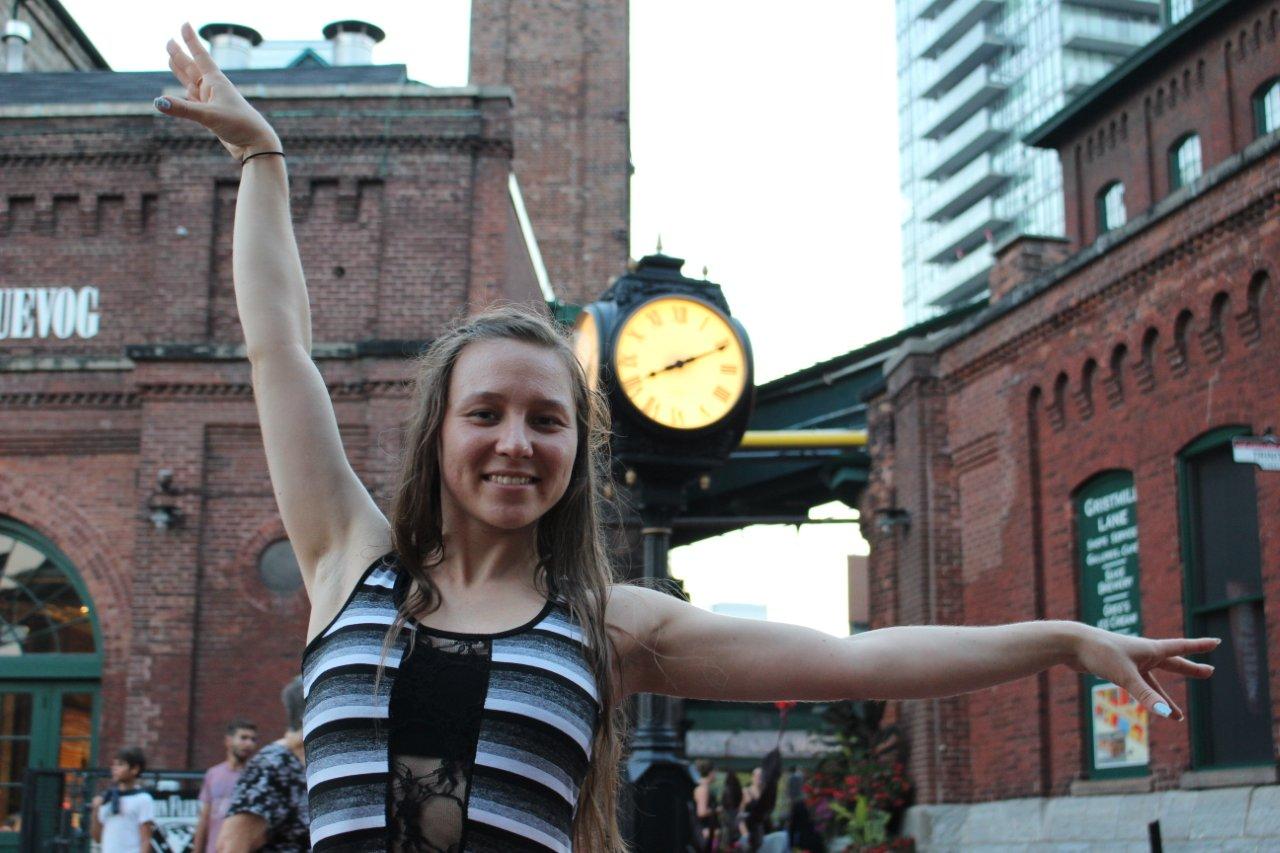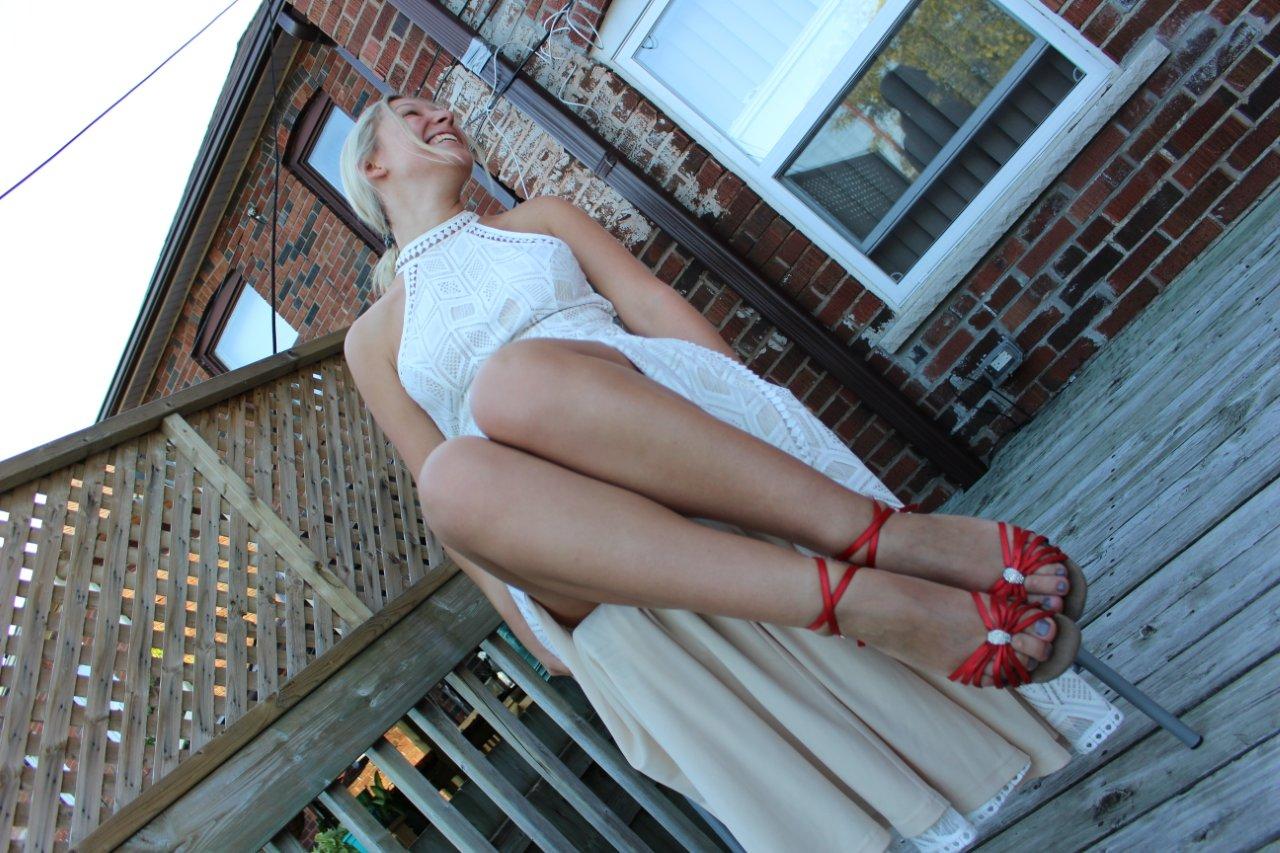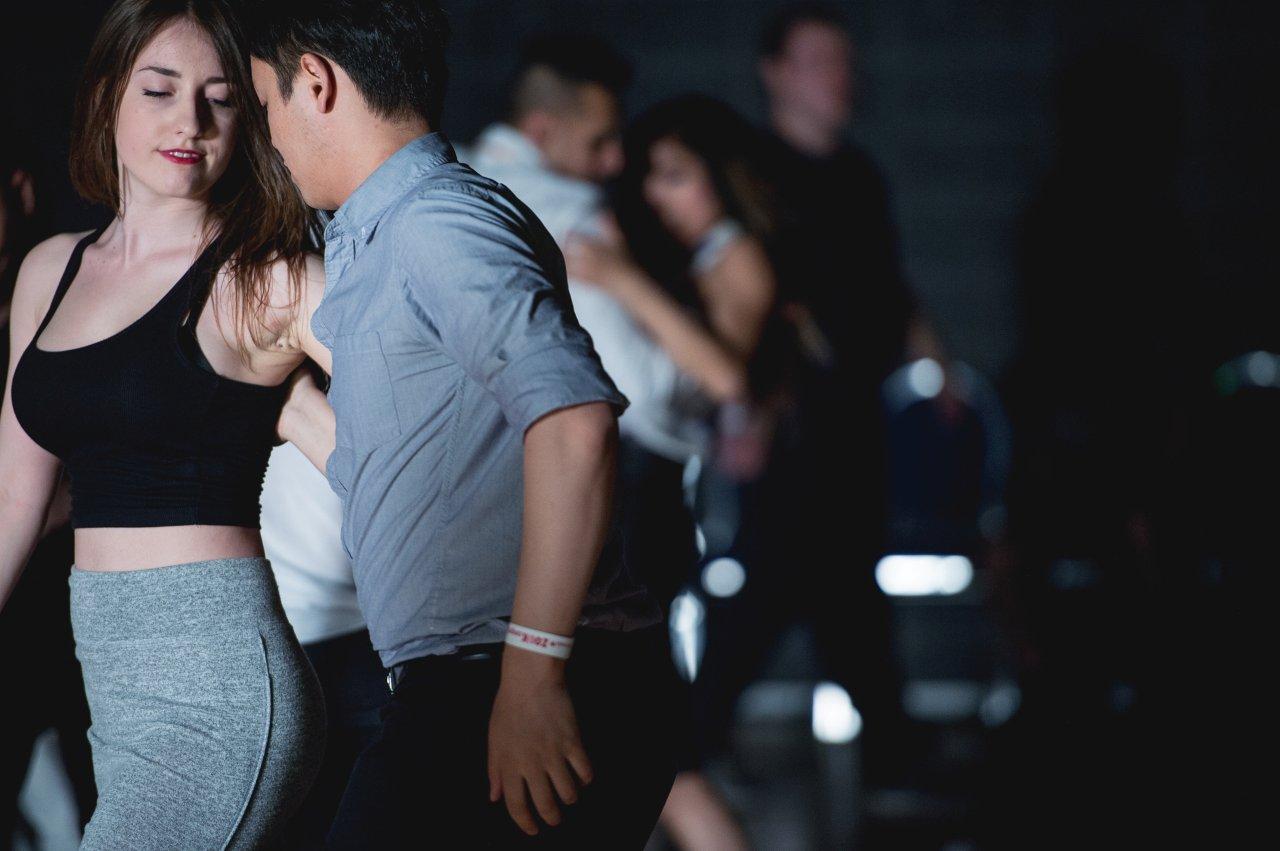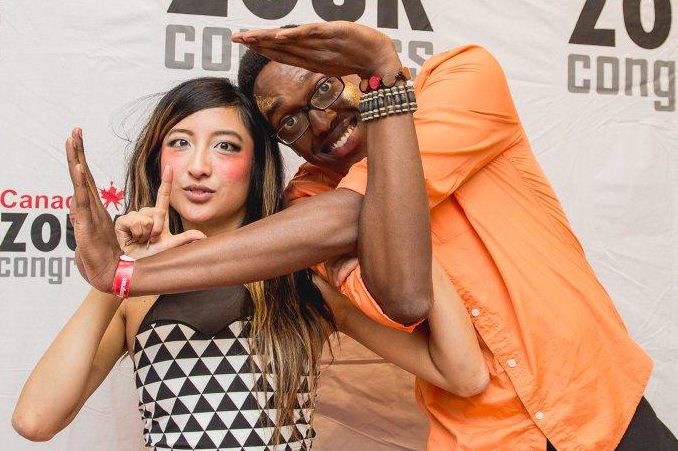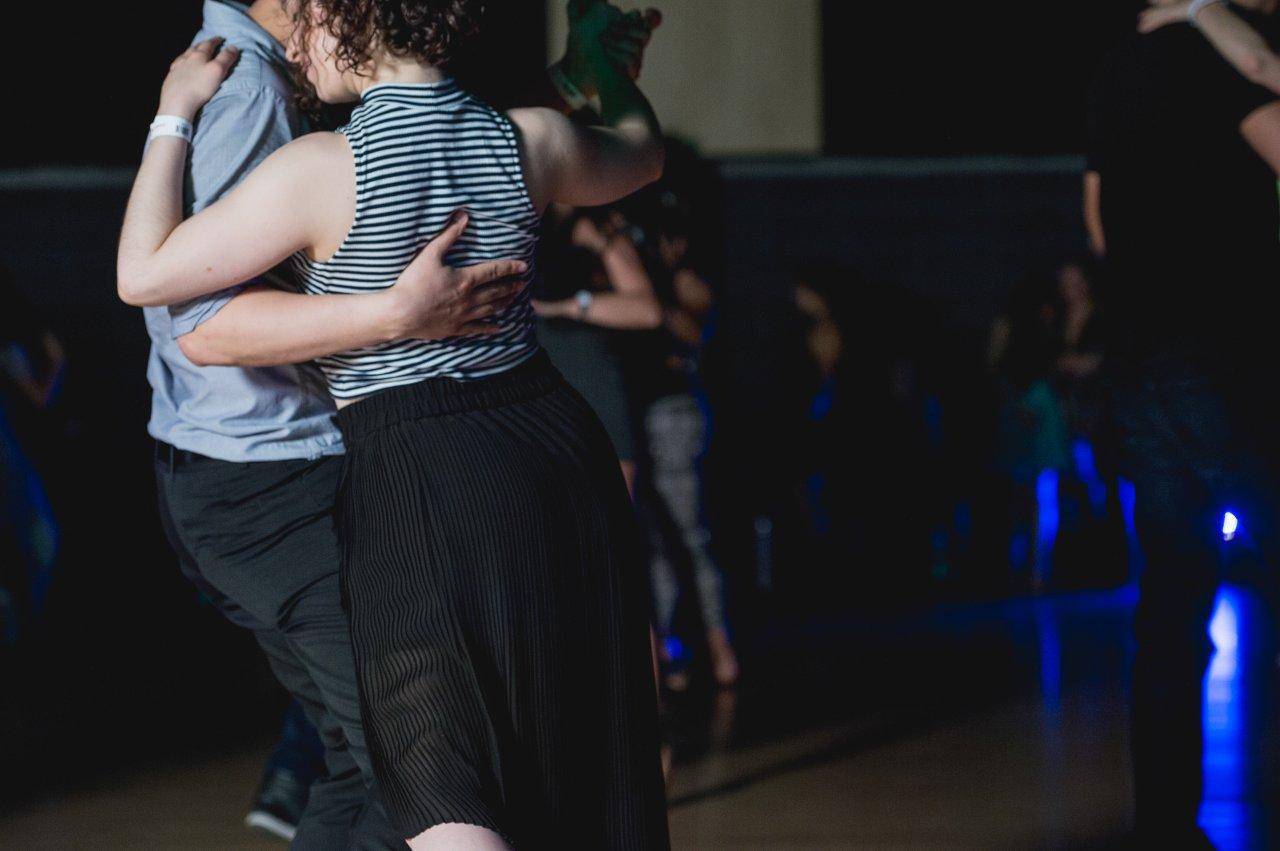Have you ever been told that you were a ‘heavy’ follower, attempted to become lighter, and were then told that you were too disconnected or floppy? Or, have you been told your connection was too “light”, attempted to adjust, and then found yourself being called too “heavy”? If so, this article is for you. The “Heaviness” and “Lightness” Problem Frequently, social dancers use heaviness and lightness as catch-all phrases to encompass the idea of “connection.” A follow who is “too heavy” often has too much tension, pushes down their arms, and can feel immovable. A follow who is “too light”…
-
-
We trust dance teachers to tell us the “right” way to dance. Whether it’s how to place your foot, establish connection, or execute general body mechanics, we use their guidance to grow and learn. But, what happens if our teachers tell us something wrong? How Teachers can be Wrong There are several reasons that a teacher may be “wrong”. Some teachers have few access to resources, and therefore are ‘filling in’ the blanks that they don’t yet understand themselves. Some are stubborn, and refuse to seek out correct answers for problems in their methodologies. And, some are mistakenly bringing in elements…
-
Once upon a time, I was a broke student who wanted to dance. I jumped at opportunities that allowed me to learn for low or no cost whenever I could. Eventually, one of those opportunities turned into a full dance partnership. When I started teaching, I remembered dancing on a budget. So, for the first while that I was teaching classes, I thought that students should have access to classes – even if they couldn’t pay. So, I very frequently would accept students who said they were “unable” to pay. I rarely do that anymore. This is why. A Few…
-
I have always advocated strongly for dancers to speak up when something hurts, or when they’re uncomfortable. I still think it’s very important for dancers to learn how to use their voice. But, part of understanding our current social dance culture is also understanding that some people are not yet confident enough to speak up. No “Blame” (Usually) While we don’t like to think about it, sometimes we might be the person who made someone uncomfortable. There are very few (if any) people who actively want to make their partner uncomfortable. Most of us strive for the opposite. And, one of…
-
Question: What do all the following scenarios have in common? A follow is encouraged to walk off the floor if their lead unintentionally executes something rough. The lead is also called an “idiot” by the advice-giver. An advanced dancer is told that they’re selfish for dancing several times with their favourite dance partner. A scene leader is told that they’re self-centered for not giving more to their community. A girl gets rejected for dances because she wore something “too revealing.” A lead gets excluded from a social dance competition because he’s not “devoted to dance enough” for a competition where follows vote…
-
Each dance has their own system and customs for dancing. Some dances have a pretty defined limit of one-song-per-partner, while in others you can spend an hour or more dancing with one person. Tango has the most defined example, with a Tanda (3-4 songs) being the ‘standard’. I spend the majority of my time dancing Brazilian Zouk, which has a pretty open, multi-song system in both North America and Europe. The ‘norm’ is 2-3 songs per partner in most places. One is still polite and acceptable – but so is dancing for over an hour. I’ve also gone to WCS events, where the general ‘rule’…
-
Dance Crushes: we’ve all had them. They fill us with joy (usually), and are a concept that most non-dancers don’t quite understand. But, have you ever noticed that “Dance Crush” doesn’t always mean the same thing? While it usually refers to someone you love dancing with, it can also be used to talk about others within the dance scene that you have a ‘crush’ on for any reason. Today, we’re going through some of the most common types of “Dance Crushes.” 1. The Gorgeous Crush This dance crush is not always your favourite dancer – but holy crap, they’re beautiful. You…
-
Each great dance we will ever have comes down to a few foundational building blocks. If all the blocks are there, a dance will be more successful and pleasant. But, if we prioritize certain building blocks over others, we end up with an unbalanced experience. Those building blocks can be summed up as the Who, What, Where, When, Why, and How of the dance. The Who: Connection Connection (the “Who”) is your awareness and understanding of your partner. It encompasses how you touch, hold, or feel your partner’s body. It is important for understanding the what of a dance, because it…
-
Beginners are one of the most important parts of a growing dance community. They’re our future. But, if you look at the beginners in any scene, you’ll notice a few patterns: there are types of beginners. Not everyone falls neatly under one “type.” Most will have facets of several of the categories below. 1. The Terrified One You see them at socials. But, they barely dance. They may even reject dances with you, because they’re so scared of putting themselves out there. If you do manage to get them onto the floor, they may apologize for how “bad” they are.…
-
Touch is necessary for social dancing. Depending on your style of dance, it can be anything from an open handhold to full body contact. Those contact points may also change or evolve, and those connection points may ask for specific physical responses from a partner. These touches are a type of dance-touch. They’re how we communicate with each other, for the purposes of creating an interesting, fun, and safe dance. But, there’s another type: non-dance touch. Non-dance touch is any touch that you don’t feel is part of dancing. It can be sexual, or completely platonic. These are touches that don’t…
-
Social dancers tend to covet the idea of becoming an advanced dancer. When beginners first start out, they ask “how long will it take for me to be an advanced dancer?” (Answer: depends completely on your skills, how seriously you take it, and how willing you are to learn.) Meanwhile, the advanced dancers in the scene are frequently sought out for dances. Depending on the genre, maybe multiple dances. Newcomers look up to them, intermediates want to be them, and fellow advanced dancers treat them with a sense of camradarie. It’s very easy to see that some things change when…
-
We are used to paying cover to go social dancing, but for many people the concept of ‘paying for dances’ is both foreign and alarming. It is usually men who are ‘paid’ as a partner, and women who are paying. And, the practice is more frequent at large events than small socials. Paying for dances comes in several forms: taxi dancers, who are paid or given complimentary entrance/discounts to an event in exchange for social dancing; fundraiser dances, where pro’s are ‘tipped’ for a minute of social dance time and profits are donated to charity; dancer ‘rentals,’ where a high-level dancer is…
-
Dear Leaders, You’ve probably heard somewhere that if there’s a mistake, it’s always your fault. I want to tell you that this isn’t true. As a lead, you are supposed to compensate for a follow who is struggling. This might mean slowing down, changing the moves you use, or being more clear on what you would like. But, the fact that you’re supposed to compensate for your partner doesn’t make you at fault for every mistake that happens. Compensation is a great thing. But, there’s only a certain amount you can compensate for. For example, you can’t magically turn a…
-
Most of us don’t do much talking while we dance. But, social dancing does require at least some verbal communication. In this list, we cover 10 things you should avoid saying to your dance partners. 1. “This is how you do ______.” Except for very limited circumstances, stopping a dance to explain a concept to your partner is inappropriate. Even if you are a teacher who knows what you’re saying is true, it’s still almost always inappropriate. Avoid floor teaching wherever possible and you’ll improve the dance experience for everyone involved!. 2. “Oh baby… you’re so sexy in my arms.”…
-
Some dance styles, like Kizomba, Brazilian Zouk, or Bachata, use a very close connection between the partners. These dances are often described as ‘sensual’ dances. For a few, they describe these dances as ‘sexual’. I understand why some people see it as sexual. Not too long ago, I was dancing with a lead who had a very intimate-feeling connection. It was intimate enough that I had to take a minute and decide whether or not he was asking for just a dance, or something more. This is after I’ve been dancing ‘sensual’ styles for over 7 years. In this situation, the…
